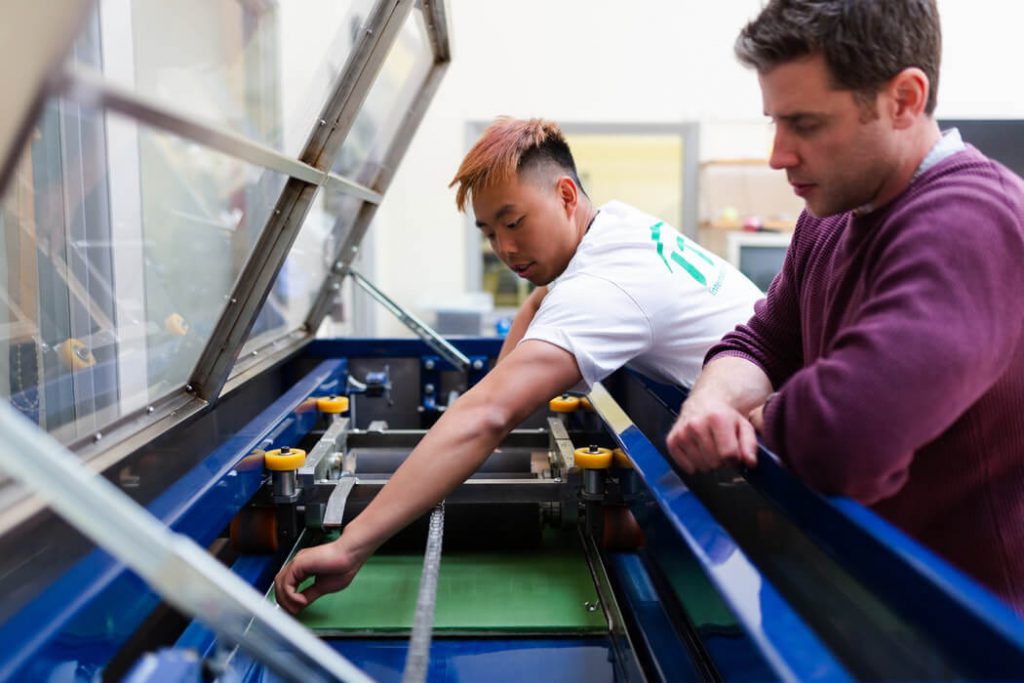Mechanical engineers undertake research and design, direct the manufacture and manage the operation and maintenance of engines, machines, aircraft, vehicle and ships’ structures, building services and other mechanical items.
Common tasks in this job:
- undertakes research and advises on energy use, materials handling, thermodynamic processes, fluid mechanics, vehicles and environmental controls
- determines materials, equipment, piping, capacities, layout of plant or system and specification for manufacture
- designs mechanical equipment, such as steam, internal combustion and other non-electrical motors for railway locomotives, road vehicles, aeroplanes and other machinery
- ensures that equipment, operation and maintenance comply with design specifications and safety standards
- organises and establishes control systems to monitor operational efficiency and performance of materials and systems.

What qualifications do I need?
Mechanical engineers usually possess an accredited university degree. After qualifying, periods of appropriate training and experience are required before membership of a chartered engineering institution is attainable. Incorporated engineers possess an accredited university degree, BTEC/SQA award or an apprenticeship leading to an NVQ/SVQ at Level 4, followed by periods of training and relevant experience.
Mechanical Engineering Courses
- BEng (Hons) Automotive Engineering Level 6 Bachelors Degree
- BEng (Hons) Mechanical Engineering Level 6 Bachelors Degree
- BEng (Hons) Mechanical Engineering Design top-up Level 6 Bachelors Degree
- Foundation Degree Mechanical Engineering Level 5 Foundation Degree
- HNC Diploma Automotive Engineering Level 4 HNC Diploma
- HNC Diploma in Mechanical Engineering Level 4 HNC Diploma
- Manufacturing Engineer Level 6 Bachelors Degree
- Professional Engineering (Control/Technical Support Engineer) BEng Level 6 Degree apprenticeship

